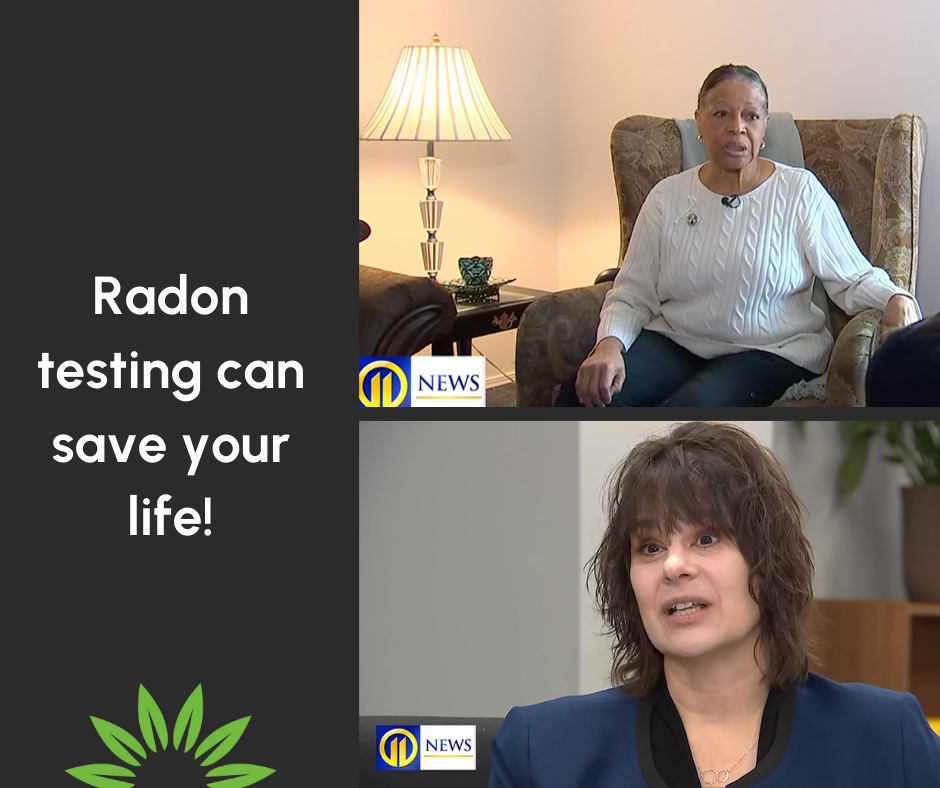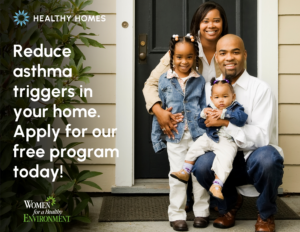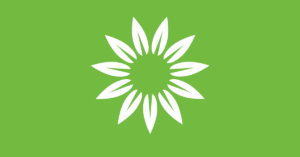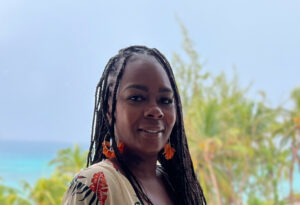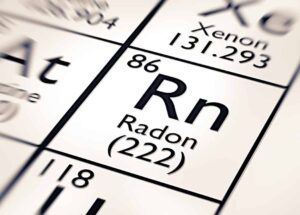Over the past year, Women for a Healthy Environment received funding through the Allegheny County Health Department to support the expansion of our Community Health Worker team. Through this opportunity, Community Health Workers obtain specialized COVID-19 training to provide education and connection to resources in the communities they are working in. Additionally, WHE has partnered with the Squirrel Hill Health Center to get families connected to COVID-19 resources. This blog post will highlight some of the work that the Squirrel Hill Health Center has been doing to keep the community informed about COVID-19 and how WHE is excited to coordinate our healthy homes work in partnership with the COVID 19 outreach!
Q: Can you tell me a little bit about yourself and how you got involved as a Vaccine Coordinator?
A: My name is Rachel Blair, and I have been the COVID Vaccine Coordinator and Community Health Worker Supervisor at Squirrel Hill Health Center for a little over a year now. The position for COVID Vaccine Coordinator came up when they had COVID funds back in 2021. I previously worked as a Contact Tracer. I knew I wanted to stay in COVID, but I did not like making the contact tracing calls, it was really hard work. Before that, I worked for a big health insurance company. At the Squirrel Hill Health Center, I get to be in the Pittsburgh and Allegheny County community, which makes me super happy. With COVID, there’s always a big question of when is it going to go away? When will this job end? So, it was a natural transition to get into the Community Health Worker piece and doing the CHW trainings. Then there’s so many overlaps with the COVID and Community Health Worker work. That is how I ended up here.
Q: Are COVID-19 vaccines proven to be safe? What is the importance and some benefits of receiving a COVID vaccine?
A: COVID vaccines are super safe. Personally, at Squirrel Health Center, we have given 18,000 shots since the vaccines came out. We have not had any adverse reaction, any crazy story, or anybody having a serious problem. The vaccine really helps keep people safe. It helps keep them out of the hospital and helps them from getting a severe case of COVID. It’s worth it.
Q: What are some positive testimonies about the vaccines that you’ve heard from people who are more susceptible to COVID-19?
A: Yes! Something just made my day a couple of weeks ago. I was doing a COVID vaccine clinic at the Jewish Community Center in Squirrel Hill. A gentleman, in his 70s, came for his second booster, and he was one of our patients at the clinic. I was checking him in and filling in his health record. I saw that he had some serious health conditions. He was an organ transplant recipient and that is one of the most high-risk groups of having a compromised immune system because of the drugs that they must take. It turns out that he was positive COVID after getting his second booster, and he didn’t even know. He had some symptoms, but he was not in the hospital. It was not life threatening. He was he was fine and like resuming regular life after feeling a bit sick for a few days and yeah. That was just a wonderful example of how somebody before the vaccine would have been in a life-or-death situation.
Q: What are some examples of vaccine misinformation or disinformation throughout your time in this position?
A: A lot of people just say the vaccine was rushed and I guess I’m hearing that less since it has been around for about a year and a half now. I’ve also heard people say, “I don’t like the idea of an mRNA vaccine” or “I don’t want something that messes with my RNA”. However, mRNA vaccines have been around for a while. The vaccine has proven to be very safe and very effective at preventing severe COVID. I think at first people were just kind of afraid of something new. Hopefully, they’re getting more used to it.
Q: How do you combat misinformation about the COVID vaccine?
A: We are taking our time with people at our COVID vaccine clinics. We have wonderful staff and nurses who will just talk with folks. I’ve seen nurses sit with somebody for 30 to 60 minutes, just talking to them about their worries, answering questions, sharing their stories, and just taking time with people.
Q: What efforts have you made to reach communities who do not have as accessible information regarding COVID-19 and vaccines?
A: Partnering with folks in their neighborhood that they trust like the community leaders. For example, this afternoon I’m going to Moon Crest, a predominantly Spanish speaking neighborhood, near the airport. Unfortunately, I don’t speak Spanish and not from that neighborhood. However, we have been working with the community center there for a long time and there are two outreach workers who speak Spanish. They live in the neighborhood, and they really believe in the benefits of vaccines, and they just go out to people’s homes. They know the kids, they knock on doors and say “Hey, Squirrel Hill Health Center is going to be out here tonight. Why don’t you come out?”. It’s a team effort.
Q: How does having accessible information regarding the COVID-19 pandemic improve public health?
A: An important piece that helps people understand what is going on, the benefits of COVID vaccines, the risks of spreading COVID. Information could come in so many forms. It could be something that be from a trusted source on the Internet, having a conversation with your doctor, or having a conversation with a community health worker that you trust. You know, public service messages that that are out there. Just thinking of every avenue and getting the message to everyone because this is still so new.
Q: How do you think COVID-19 plays into environmental health, or vice versa?
A: Thinking of environmental health and the home visits that you do, when you are talking with folks about pollutants, we think of lung health and how it could aggravate problems like cause asthma, lung disease, COPD. Unfortunately, sometimes when people are managing those conditions, they struggle with respiratory viruses. What can be kicked in a day or two for some people might take somebody with asthma a week or two. It might develop into something like bronchitis. I think there is a lot of overlap there. Sometimes the environmental factors play into chronic lung disease. That could make it harder for somebody to recover from COVID. The pandemic opened peoples’ eyes to the importance of environmental health. Indoor spaces had to make sure they had proper ventilation to prevent transmission. People understand the importance of fresh air and ventilation. It’s kind of funny because this goes back to like medicine in the 1800s. Before there was a lot of medicine, and people did not know what caused a lot of conditions and infectious diseases, one treatment was to set people outside to get fresh air and it’s like we came back to that.
Q: Do you have any upcoming events that you’d like to spotlight?
A: At the end of this month, on Thursday, August 25th, Squirrel Hill Health Center will be out in Turtle Creek at the Human Services Building, in their parking lot doing a COVID vaccine clinic. We will also have some free COVID test. That’s the location of one of our future clinics. We will have a permanent presence there soon where people can go for primary care.
